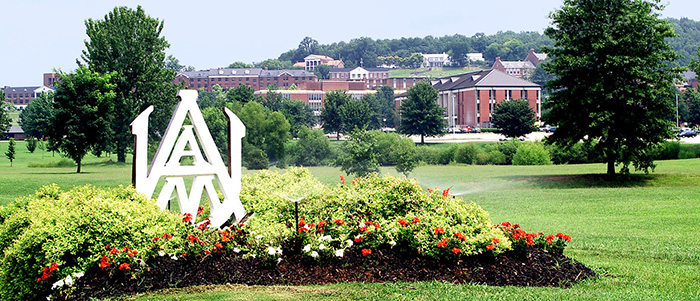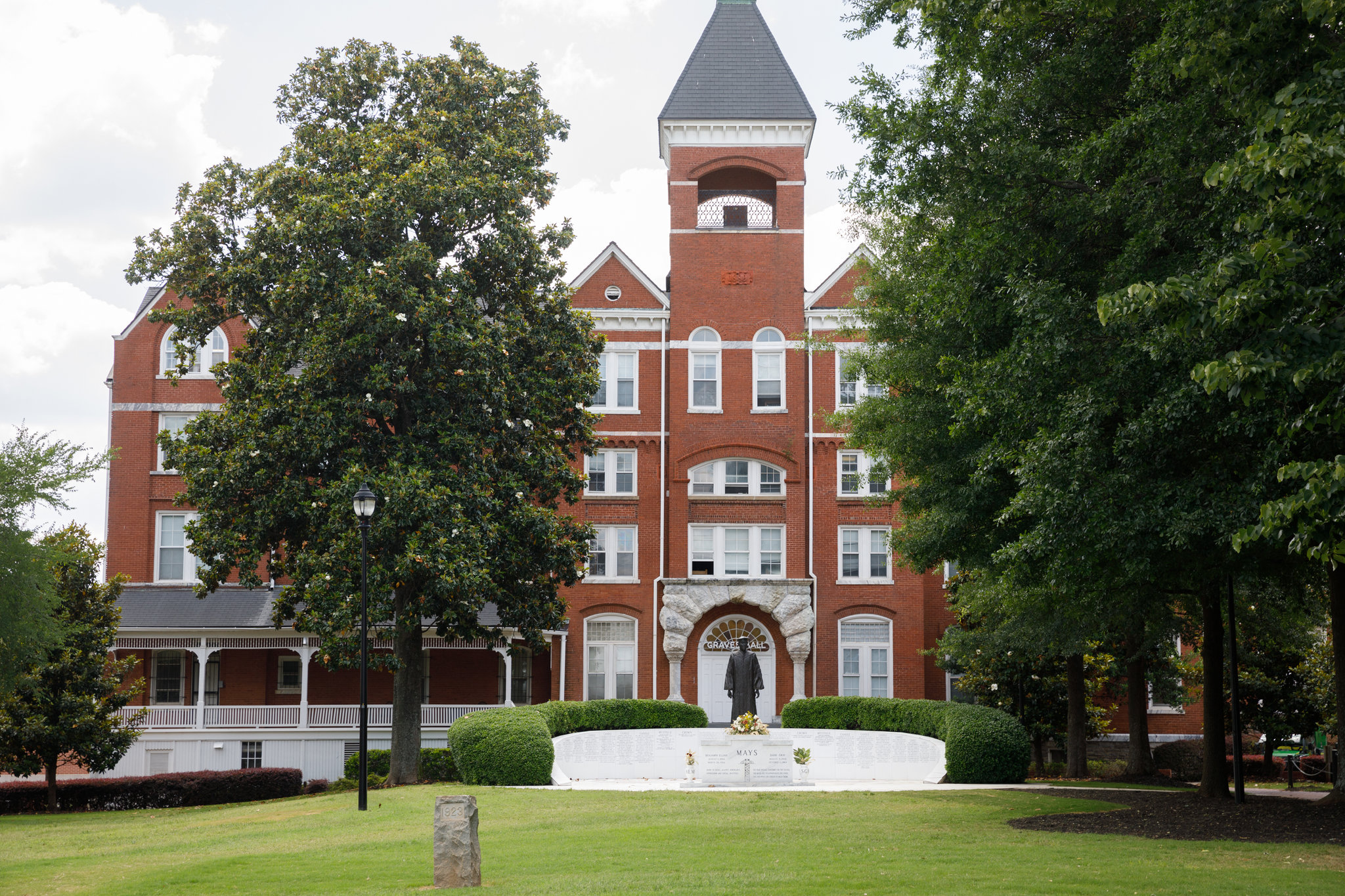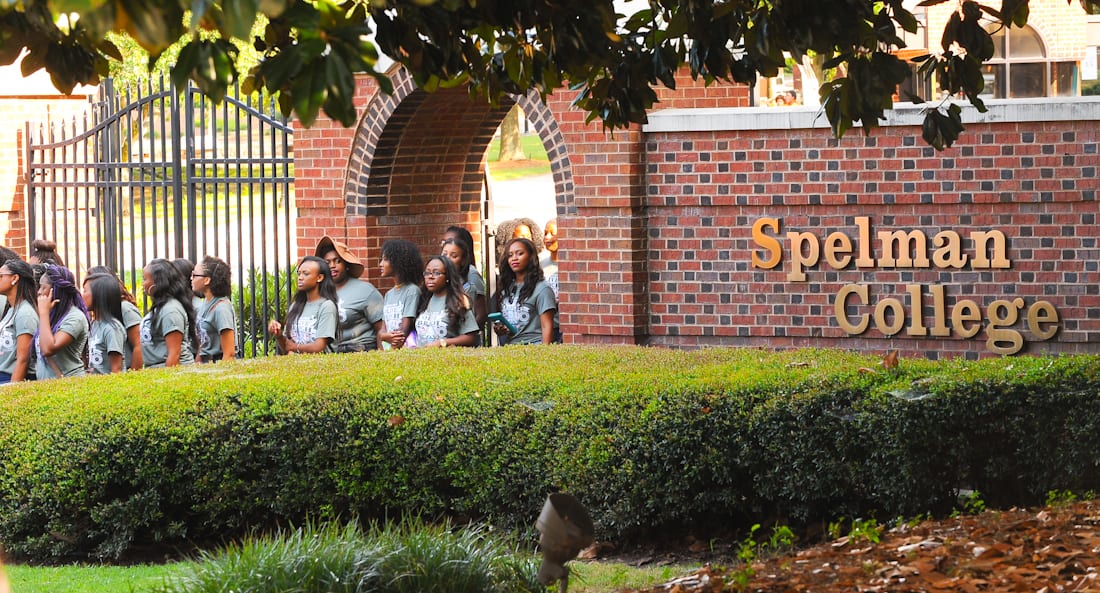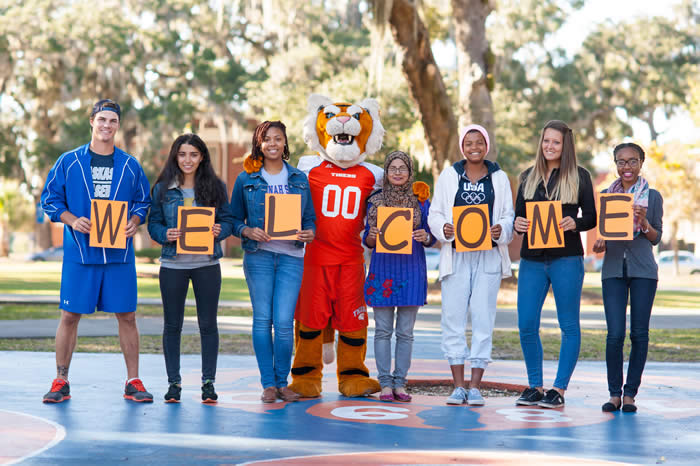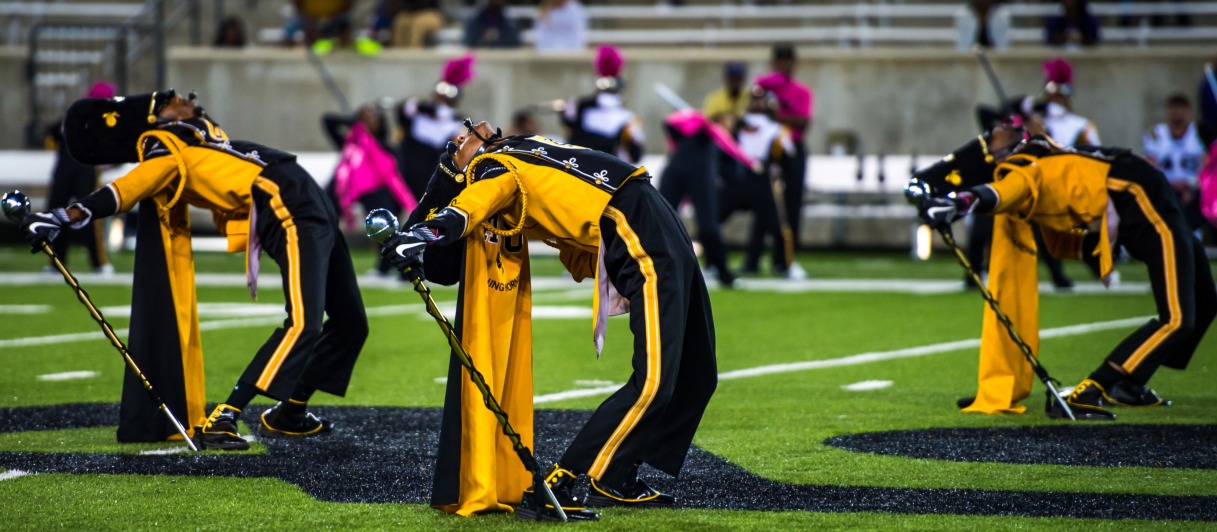
Explore HBCU – Alabama State University
Alabama State University is a public historically black university in Montgomery, Alabama.
Background
Alabama State University was founded in 1867 as the Lincoln Normal School of Marion in the city of Marion, Alabama. The school started as the Lincoln Normal School with $500 raised by nine freed slaves now known as the Marion Nine. In 1874, the school became America’s first state-supported educational institution for Black Americans.
In 1878, the school opened its new location in Montgomery, Alabama, changing its name to the Normal School for Colored Students after an Alabama State Supreme Court ruling forced it to. Over the next forthcoming years, the school became a junior college, then a full four-year institution—becoming the State Teachers College in 1929, Alabama State College for Negroes in 1948, Alabama State College in 1954, then, finally, Alabama State University in 1969.
ASU has a 153-year history of perseverance, progress, and promise. Today, the university is a widely respected, world-class institution of higher learning that welcomes students of all backgrounds.
Programs & Opportunities
Alabama State University offers nearly 50 undergraduate and graduate degree programs—from the historic education program, to their new and in high-demand programs in health sciences, Ph.D. in microbiology, and minor in international business.
ASU boasts an interconnected educational and personalized environment, with a 20 to 1 student-to-faculty ratio, more than 70 clubs and organizations (including fraternities and sororities), 18 intercollegiate sports, and a vibrant campus composed of students coming from more than 40 states and a variety of countries.
Learn more about ASU’s robust assortment of degree programs here.
Alumni Affairs
Alabama State University is an institution dedicated to providing a holistic educational experience, and has in turn produced a number of alumni who seek to thrive in every area of their work, life, and contribution to greater society. Some notable alumni include, but are not limited to:
- Phaidra Knight is a former international athlete, sports media talent, motivational speaker, lawyer, and business entrepreneur who graduated with a dual Bachelor’s degree in Political Science and Speech Communications at Alabama State University.
- Charles Howard Wright was an accomplished physician and founder of the Charles H. Wright Museum of African American History who received his Bachelor of Science degree from Alabama State.
- Delores J. Thomas is a New York Supreme Court Justice who graduated from Alabama State University with a Bachelor of Arts degree in Political Science.
Financial Information
According to U.S. News & World Report, at Alabama State University, 95% of full-time undergraduate students receive some form of need-based financial aid, and the average need-based scholarship or grant award is $25,415.
Before the application of financial assistance, the total cost of attendance at Alabama State is $30,018 for undergraduate in-state students, $38,886 for undergraduate out-of-state students, $26,442 for graduate in-state students, and $44,094 for graduate out-of-state students.
Alabama State has made it a goal to make education as accessible to as many people as possible, believing the cost should never be an obstacle to seeking the benefits of higher education.
Conclusion
Alabama State University seeks to create a diverse student-centered environment committed to excellence in teaching, research, and service. Through the fostering of critical thought, professional development, and encouragement of creativity, the university works to graduate lifelong learners better equipped to lead and succeed as responsible global citizens.
Learn more about Alabama State University here.
Sources:
- https://www.alasu.edu/about-asu/history-tradition
- https://www.alasu.edu/about-asu/historytradition/asu-legacy-perseverance-progress-and-promise
- https://alabamanewscenter.com/2019/11/13/on-this-day-in-alabama-history-alabama-state-university-opened-doors-with-113-students/
- http://encyclopediaofalabama.org/article/h-2570
- https://aaregistry.org/story/alabama-state-university/
- https://www.alasu.edu/about-asu/about-asu
- https://aaregistry.org/story/alabama-state-university/
- https://www.alasu.edu/alumni/notable-alumni-bios
- Phaidra: http://phaidraknight.com/about/
- Delores: https://trellis.law/judge/delores.j.thomas
- Charles: http://harris23.msu.domains/event/1918-charles-howard-wright-born-founder-of-wright-museum-of-african-american-history/
- https://www.usnews.com/best-colleges/alabama-state-university-1005
- https://www.alasu.edu/cost-aid/tuition-costs
- https://www.alasu.edu/cost-aid/financial-aid
Pictures:
- ASU Logo: https://worldvectorlogo.com/logo/alabama-state-hornets
- ASU Students in Class: https://www.alasu.edu/administration/institutional-data
- ASU Drum Majors: https://hbcuconnect.com/colleges/2/alabama-state-university
- ASU Grads: https://www.alasu.edu/graduates-encouraged-embody-spirit-marion-nine

